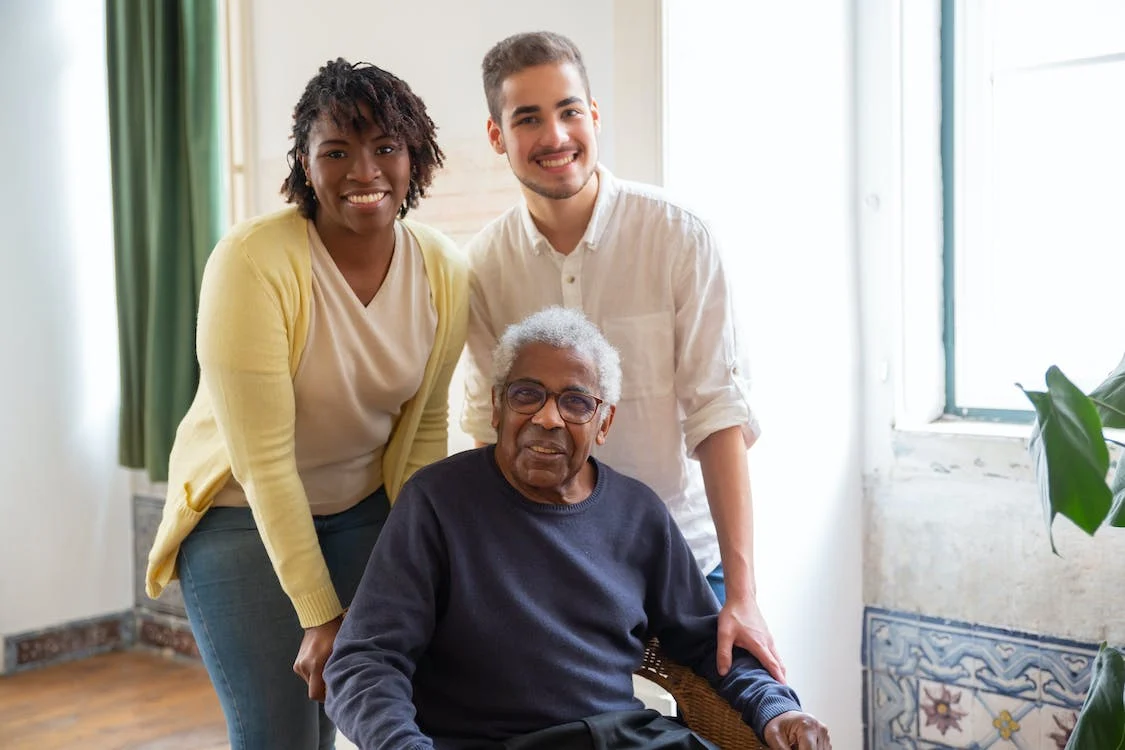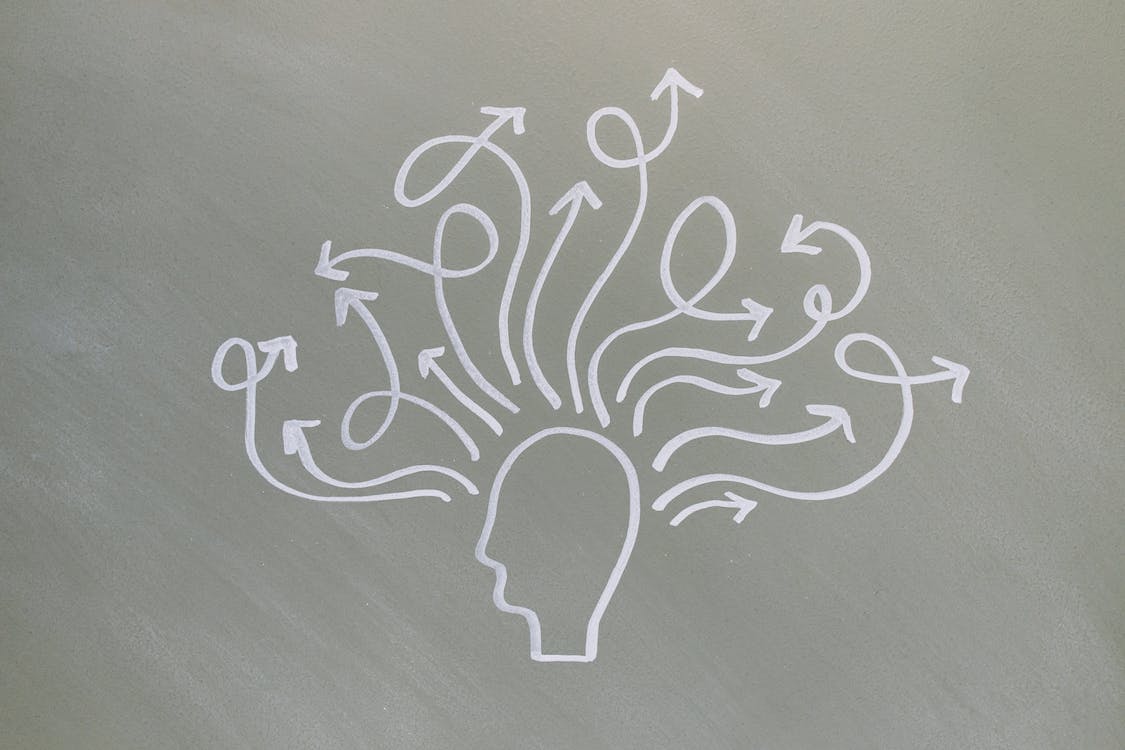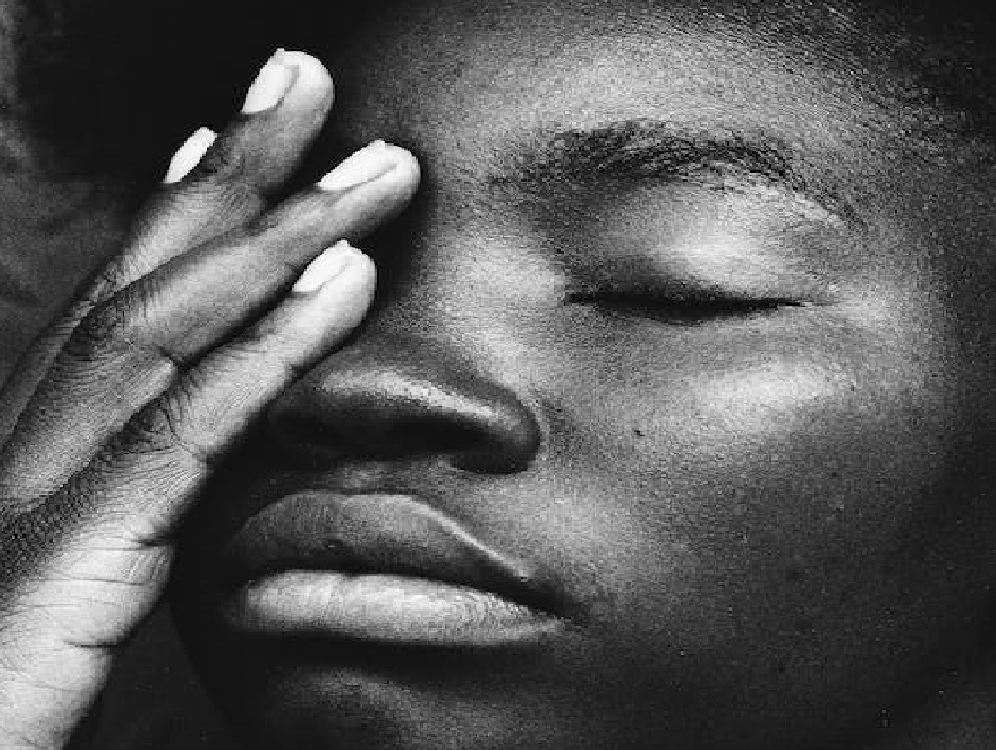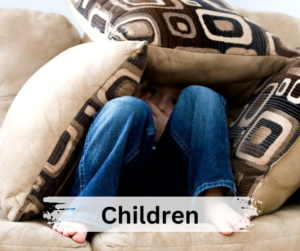Client Focus
Signs & Symptoms
Adult Individuals, Couples, and Families
In Adolescents & Young Adults
In Younger Children & Pre-Adolescents
Adult Individuals, Couples, and Families
 Domestic or Marital Issues (i.e., domestic violence and fertility issues)
Domestic or Marital Issues (i.e., domestic violence and fertility issues)- Commitment Issues or infidelity
- Unexplained distance from your partner or sexual problems (i.e., withdrawl)
- Confused thinking
- Prolonged depression (i.e., sadness or irritability)
- Feelings of extreme highs and lows
- Excessive fears, worries, anxiety, and stress
- Social withdrawal
- Dramatic changes in eating or sleeping habits
- Strong feelings of anger
- Delusions or hallucinations
- Growing inability to cope with daily problems and activities
- Suicidal thoughts
- Denial of obvious problems
- Numerous unexplained physical ailments
- Substance abuse, addictions, and eating disorders
- Grief, loss, or bereavement
- Career choice
- Chronic pain or illness
In Adolescents & Young Adults
In Younger Children & Pre-Adolescents
Call to schedule an appointment with us.
We promise to keep your information confidential and secure when using our services.








 Substance abuse, addictions, and eating disorders
Substance abuse, addictions, and eating disorders Changes in school performance
Changes in school performance